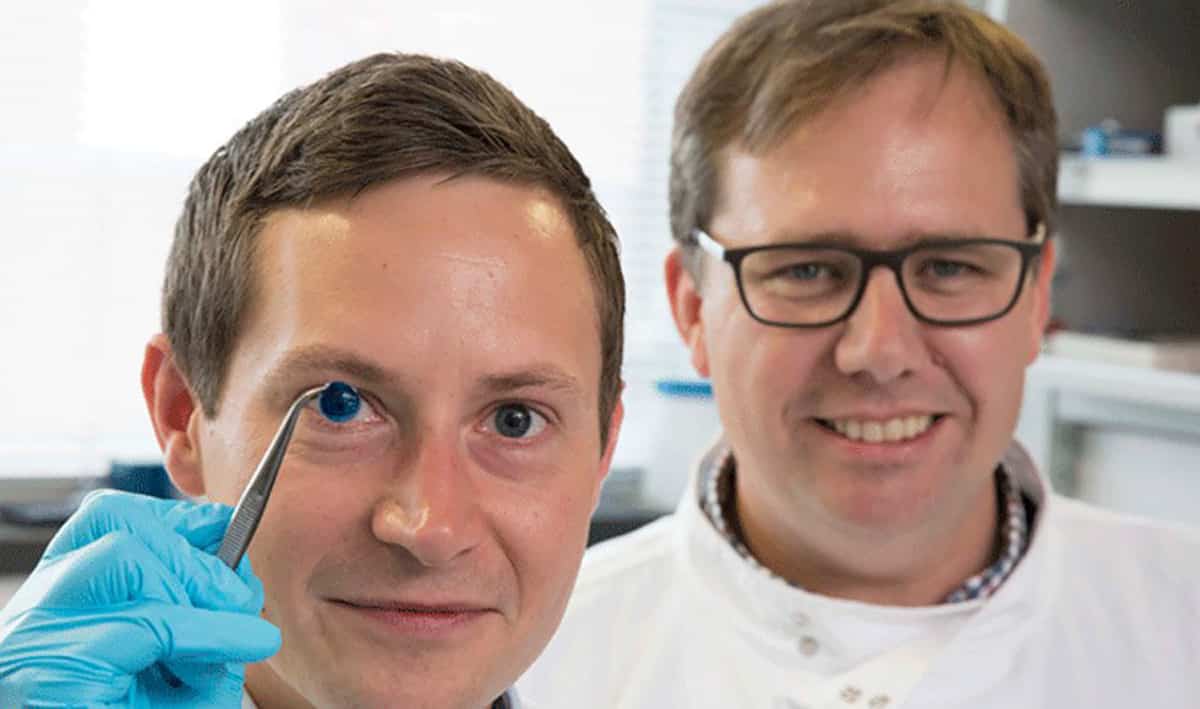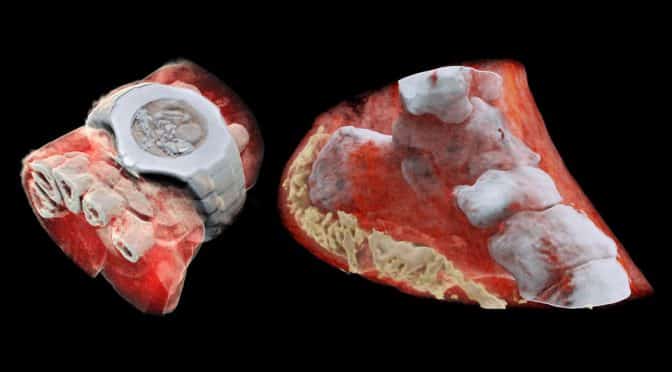Technology has brought about several medical machines as we know it, and it has not ended there. Limits are being pushed, and more inventions are been made. Here are a few innovations from this year to note:
Top 5 Healthcare Tech Innovations 2018
- First 3D-printed cornea
This innovation definitely made headlines. 3D printing has seen a lot in recent years. It began with printing plastic. Then more was done, and it’s now possible to 3D print metal. A huge step forward is printing organic substances. This was achieved using a 3D bio-printer, using a technique where healthy cells of the corneal stem with collagen and alginate where blended to form some sort of bio-ink, which was passed through the 3D bio-printer to create a human cornea. After medical approval, a lot of people with visual impairments will get some relief. 2. 3D color x-ray images of the human body, thanks to CERN chips
Gone are the days when medical x-rays were in black and white. Recall that televisions and photography were once upon a time in black and white too, before transitioning to be multicolored. It’s about time x-rays take the same leap. Using sensor chips manufactured by CERN for use in the Large Haldron Collider, a company produced an imaging tool capable of forming color 3D images of bones, lipids, and tissue. 3. Using AI to determine the side effects of drug combinations What happens when you’re prescribed multiple drugs? Most often, they combine to form some unwanted side effects. Computer scientists at Stanford University created a deep learning system (named Decagon) trained with over 19000 proteins and the possible reactions of particular drugs with these proteins. The system was tested with drug pairs with no known negative side effects. After research, evidence proved half of those predictions. Decagon is a tool user needs to remove any doubts and know precisely how drug combinations will affect their bodies. 4. Automated skull-drilling robot Cranial surgery requires the utmost care. Striking nerves, major veins or arteries are serious concerns. Researchers at the Eindhoven University of Technology (TU/e) have created a skull-drilling robot to aid during surgeries, as well as speed up the process. The robot, named RoBoSculpt, is basically a CNC milling machine with a drilling head and seven axes of motion. All these axes provide more movability from several angles, and therefore much more functionality. When surgeons and RoboScuplt intersect, an optimal working environment is formed. 5. Detecting stroke with a visor Detecting strokes early is essential for increasing survival chances. Before strokes can be treated, doctors should first verify that a stroke had occurred. The Cerebrotech Visor is a equipment developed by a team from Cerebrotech Medical Systems, in California, USA. The visor is worn on the patient’s head, where it works by emitting radio waves through both hemispheres of the brain. Frequency changes occur when these waves pass through the fluid in each side of the brain. The results are compared for both hemispheres and a result is drawn upon whether a stroke has occurred, and how severe it was. This technique is 92% accurate, far better than current methods ranging from 40% to 89%. There are still some months left until 2018 wraps up. As time passes, we should expect more innovations coming up, some even more inventive than those on this list. The health-tech industry is on the rise, and I’m curious to see where it leads and what next is to come.

